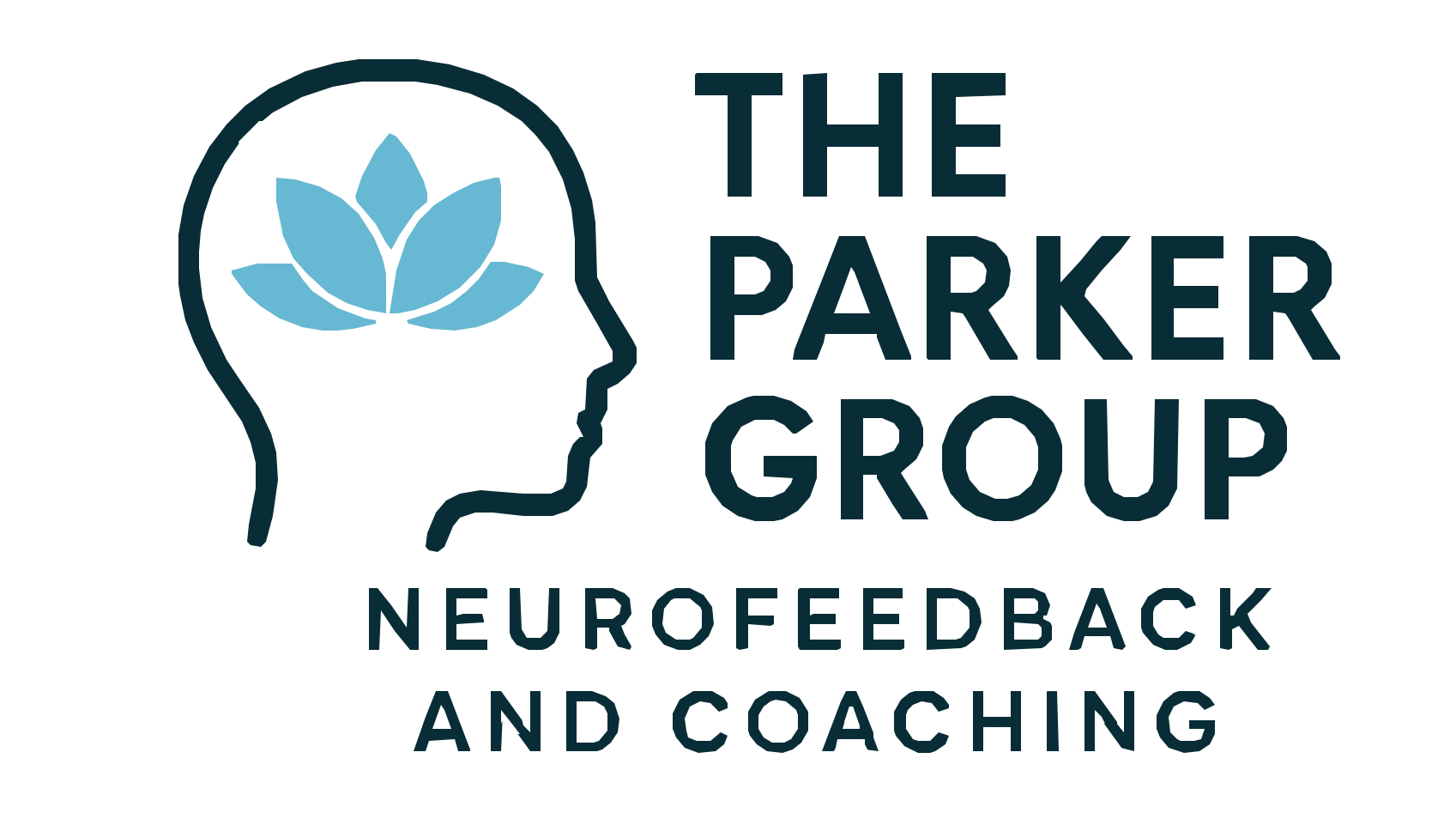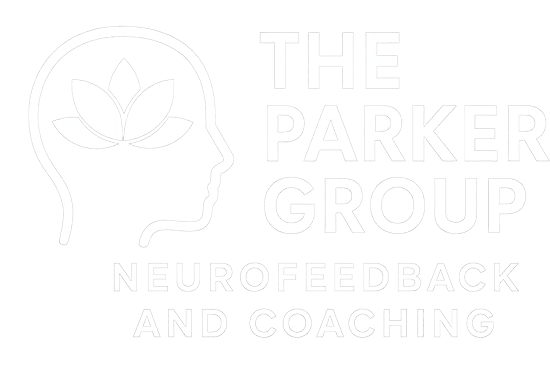Research supporting the efficacy of Neurofeedback Training.
Neurofeedback training is a proven strategy for optimizing brain function. The use of this modality has been around since the 1970s and now has a robust volume of studies to support its efficacy in treating symptoms across a broad range of conditions. Below, you will find articles and examples of studies with statistically significant results that support the use of Neurofeedback training. In addition The International Society for Neurofeedback and Research (ISNR) maintains a comprehensive bibliography of research articles discussing conditions that are positively affected by neurofeedback by D. Corydon Hammond, Ph.D., Professor, Physical Medicine & Rehabilitation, University of Utah School of Medicine, and D. Allen Novian, Ph.D., LMFT, LPC-S, Adjunct Professor, Neurofeedback and Biofeedback, St. Mary’s University. ISNR also has an editorial in defense of EEG biofeedback.
Substance Abuse Disorder
A meta-analysis of neurofeedback for treating substance use disorders
Michael Russo, Samantha Smith, Katharine R. Sperandio
A meta-analysis was conducted to assess the efficacy of neurofeedback (NFB) in the treatment of individuals with substance use disorder (SUD) in between-group studies. This study reports findings from the first exhaustive search of the literature on the topic and included articles selected from a total of 58 databases/repositories. Studies were evaluated using Hedge’s g as the effect size measure and were assessed for risk of bias using funnel plot, Fail-Safe N, and Trim and Fill analysis. Ten studies, containing 30 effect sizes were evaluated to determine the overall efficacy of NFB for decreasing symptoms of SUD (N = 397), yielding a mean effect size of g = –1.49 (CI 95 = –1.95, –1.03; PI 95 = –4.37 to 1.39). This meta-analysis provides strong evidence for the efficacy of NFB in treating SUD while also highlighting the value of wholistic client care in SUD treatment.
Source: https://onlinelibrary.wiley.com/authored-by/Russo/G.+Michael
Anxiety
- Orbitofrontal cortex neurofeedback produces lasting changes in anxiety
- D Scheinost1 , T Stoica2 , J Saksa3 , X Papademetris1,2, RT Constable1,2,4, C Pittenger3,5,6 and M Hampson
- Normal and pathological patterns of behavior and thought correspond to the activity of particular brain circuits. Interventions that alter patterns of behavior and thought, therefore,
- must act on the organization of the underlying circuits…
View full article:
https://www.researchgate.net/publication/236599186_Orbitofrontal_cortex_neurofeedback_produces_lasting_changes_in_contamination_anxiety_and_resting-state_connectivity
ADHD
- Effect of neurofeedback training on the neural substrates of selective attention in children with attention-deficit/hyperactivity disorder.
- There is mounting evidence that neurofeedback training (NFT) can significantly improve cognitive functioning in children with AD/HD. These results suggest that in children with AD/HD, NFT can normalize the functioning of the ACC, the key neural substrate of selective attention.
- Source: https://doi.org/10.1016/j.neulet.2005.10.100
Autism
- Neurofeedback is a computerized method that tracks the electrical activity of the brain (EEG) and provides feedback about it. The method has been developed in neurophysiological labs of scientific institutes in the USA and has been used very successfully for the last 20 years. It has proven its efficacy in practice, as well as in scientific and clinical research.
- The results have shown most changes in behavior (less aggression, more cooperation, better communication), attention span, and sensory motor skills.
- Source: https://www.ncbi.nlm.nih.gov/pubmed/26417802
Insomnia
First published in Applied Psychophysiology and Biofeedback, A single blind study using Z-score analysis showed that following neurofeedback “all participants were normal sleepers.”
Source: https://doi.org/10.1007/s10484-011-9165-y
Depression
-
-
- David E. J. Linden, Isabelle Habes, Stephen J. Johnston, Stefanie Linden, Ranjit Tatineni, Leena Subramanian, Bettina Sorger, David Healy1, Rainer Goebe
-
- ABSTRACT
-
Many patients show no or incomplete responses to current pharmacological or psychological therapies for depression. Here we explored the feasibility of a new brain self-regulation technique that integrates psychological and neurobiological approaches through neurofeedback with functional magnetic resonance imaging (fMRI). In a proof-of-concept study, eight patients with depression learned to upregulate brain areas involved in the generation of positive emotions (such as the ventrolateral prefrontal cortex (VLPFC) and insula) during four neurofeedback sessions. Their clinical symptoms, as assessed with the 17-item Hamilton Rating Scale for Depression (HDRS), improved significantly. A control group that underwent a training procedure with the same cognitive strategies but without neurofeedback did not improve clinically. Randomized blinded clinical trials are now needed to exclude possible placebo effects and to determine whether fMRI-based neurofeedback might become a useful adjunct to current therapies for depression.
View full article: https://www.ncbi.nlm.nih.gov/pmc/articles/PMC3366978/

